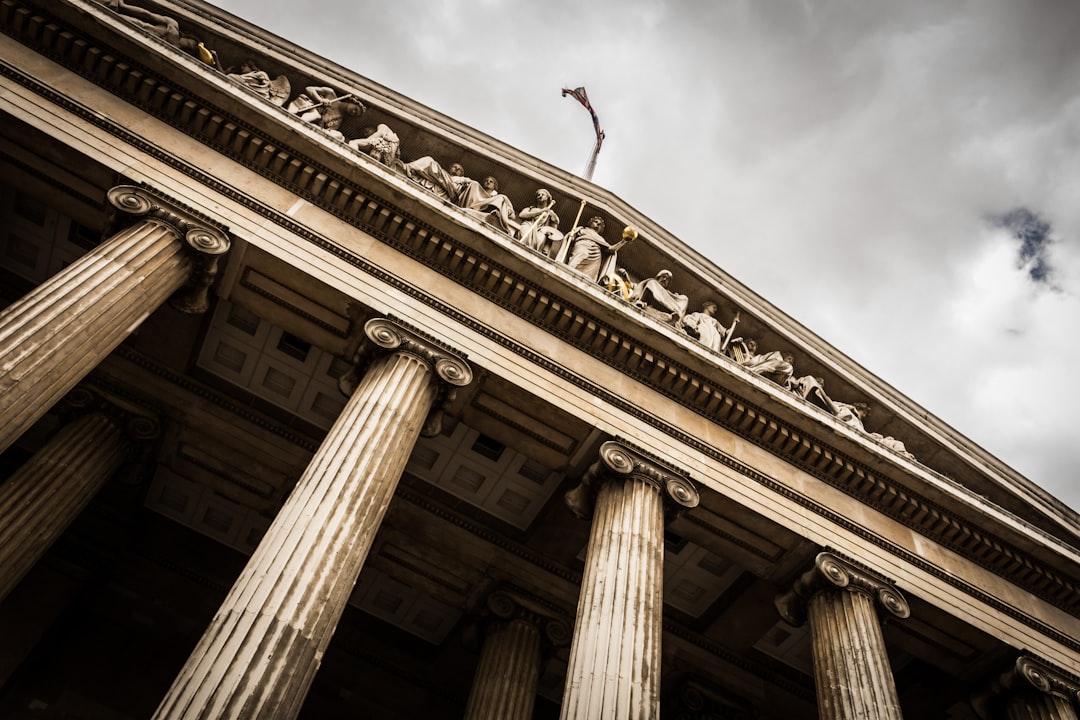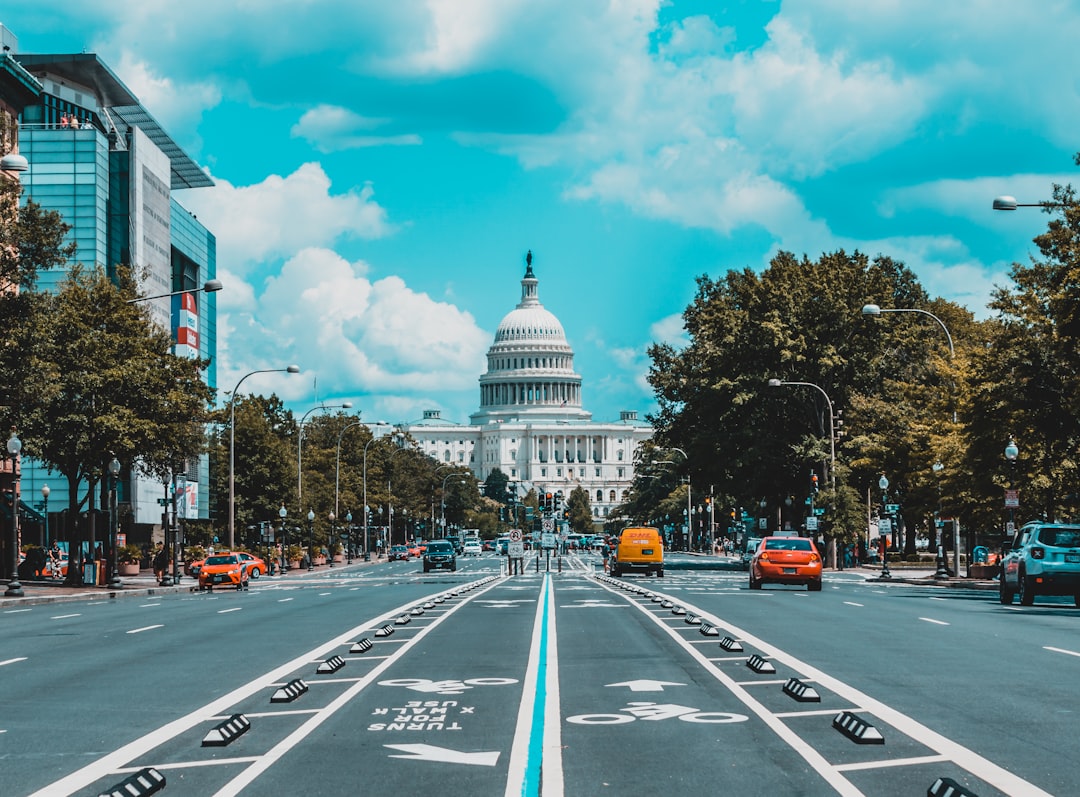In Washington State, the Department of Licensing (DOL) strictly regulates massage spas to prevent sexual assault, mandating licenses for businesses and enforcing background checks, inspections, and health & safety protocols. These measures hold practitioners accountable, protect clients, and assist massage sexual assault lawyers in pursuing justice. Victims in Olympia, WA, have legal protections and resources available through the criminal justice system and specialized massage sexual assault lawyers Washington.
In Olympia, Washington, understanding and enforcing licensing regulations plays a pivotal role in safeguarding clients from potential abuse within the massage spa industry. This article delves into the intricate web of licensing requirements in the state, highlighting their significance in preventing sexual assaults. We explore how proper licensing acts as a defense mechanism, empowering victims and providing legal protections. Furthermore, it offers insights into resources available for those affected by massage sexual assault, emphasizing the crucial role of massage sexual assault lawyers in Washington.
Understanding Massage Spa Licensing Requirements in Washington State

In Washington State, massage spa licensing is a critical component in ensuring client safety and preventing abuse, including sexual assault. The state’s Department of Licensing (DOL) oversees and regulates massage therapy practices to maintain high standards of care. All massage spas must obtain a business license and comply with specific regulations designed to protect both clients and practitioners. These requirements include background checks for employees, facility inspections, and adherence to strict health and safety guidelines.
Massage sexual assault lawyers in Washington often emphasize the importance of these licensing measures. By implementing robust licensing procedures, Washington State aims to weed out unethical businesses and individuals, fostering an environment where clients can receive therapeutic services without fear of harm. This regulatory framework plays a pivotal role in holding massage spas accountable and providing a safety net for those seeking relaxation and relief through massage therapy.
The Impact of Licensing on Preventing Sexual Assault in Spas

Licensing plays a pivotal role in preventing massage spa abuse, including sexual assault, in Olympia and across Washington state. Rigorous licensing requirements for spas and masseuses act as a critical deterrent to potential abusers by holding businesses and individuals accountable. This includes background checks, regular inspections, and adherence to strict health and safety standards. By implementing these measures, the state ensures that only qualified and trustworthy professionals operate within the industry, safeguarding clients from potential harm.
Moreover, licensing systems facilitate easier identification and reporting of suspicious activities or instances of non-compliance. Massage sexual assault lawyers in Washington often emphasize the importance of well-maintained records and transparent practices, as they can be instrumental in legal proceedings against perpetrators. This proactive approach not only protects individuals but also promotes a culture of integrity and safety within the massage spa industry.
Legal Protections and Resources for Victims of Massage Sexual Assault in Olympia, WA

In cases of massage sexual assault in Olympia, WA, victims have legal protections and resources available to them. The state of Washington has strict laws against sexual misconduct, including within the context of spa and wellness services. Victims can seek justice through the criminal justice system by filing a report with local law enforcement and potentially pursuing charges against the perpetrator.
Additionally, massage sexual assault lawyers in Washington can offer crucial support. These legal professionals are equipped to guide victims through the complexities of the legal process, ensuring their rights are protected. They can help gather evidence, coordinate with authorities, and represent victims in court, aiming for justice and accountability.






